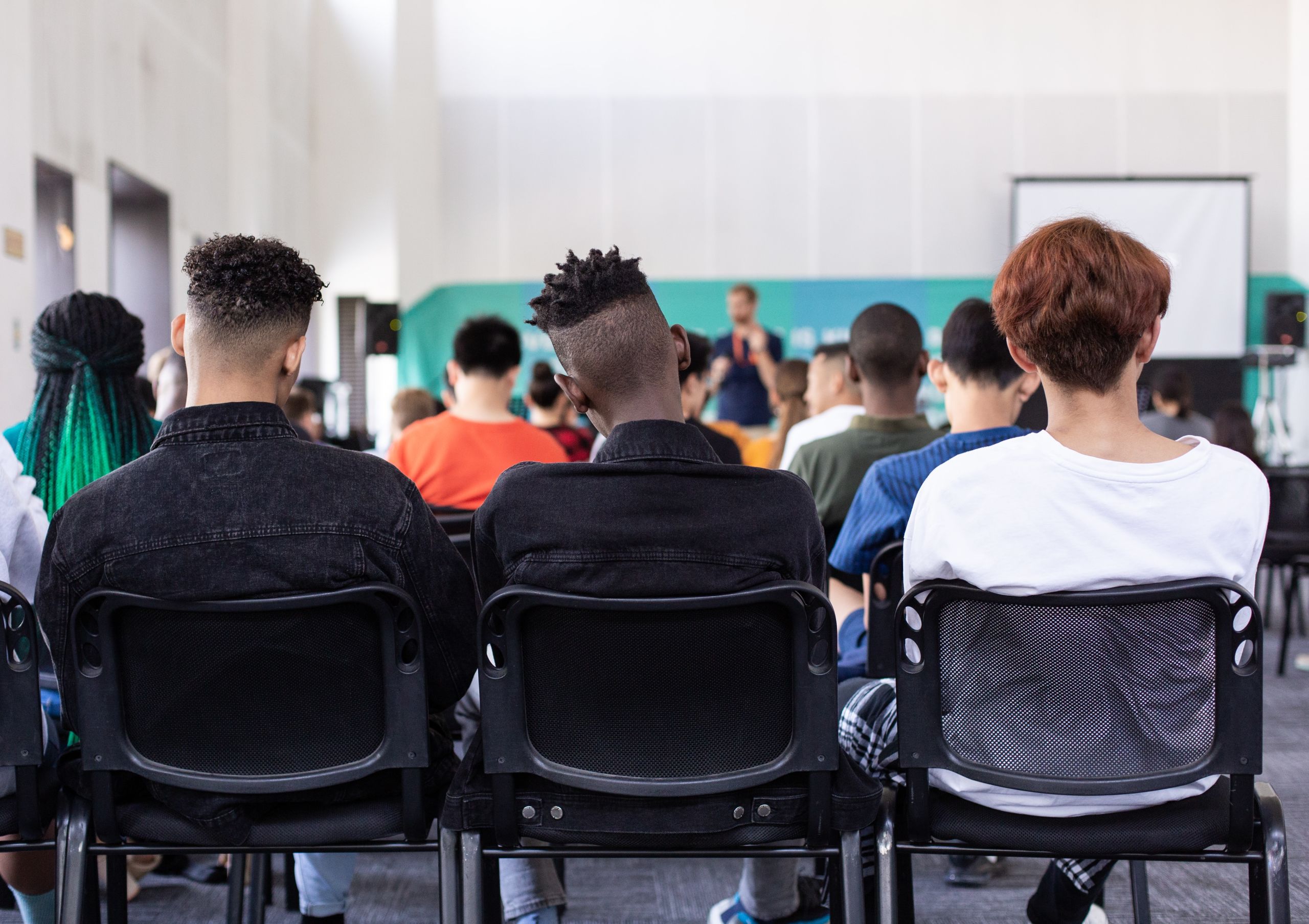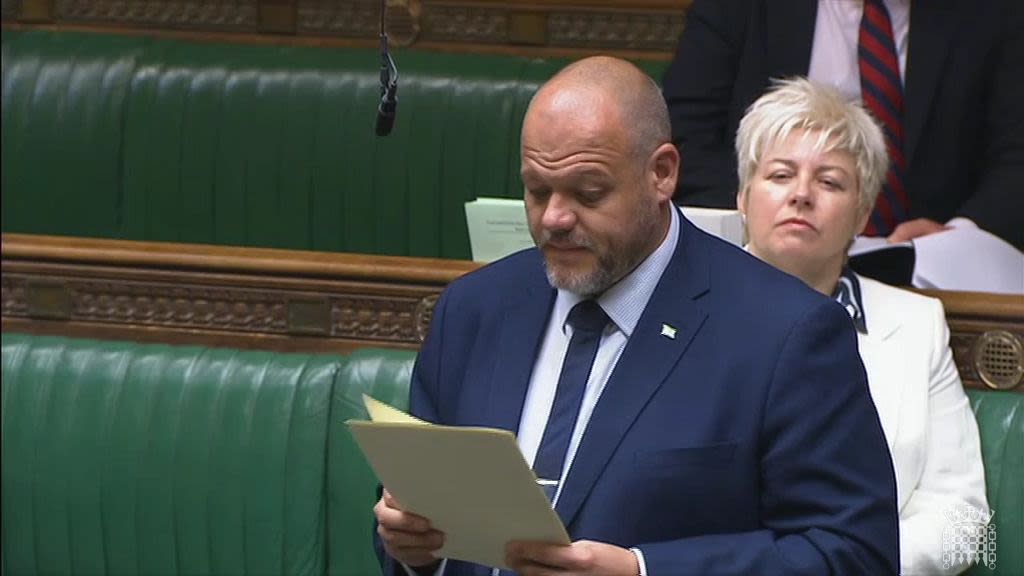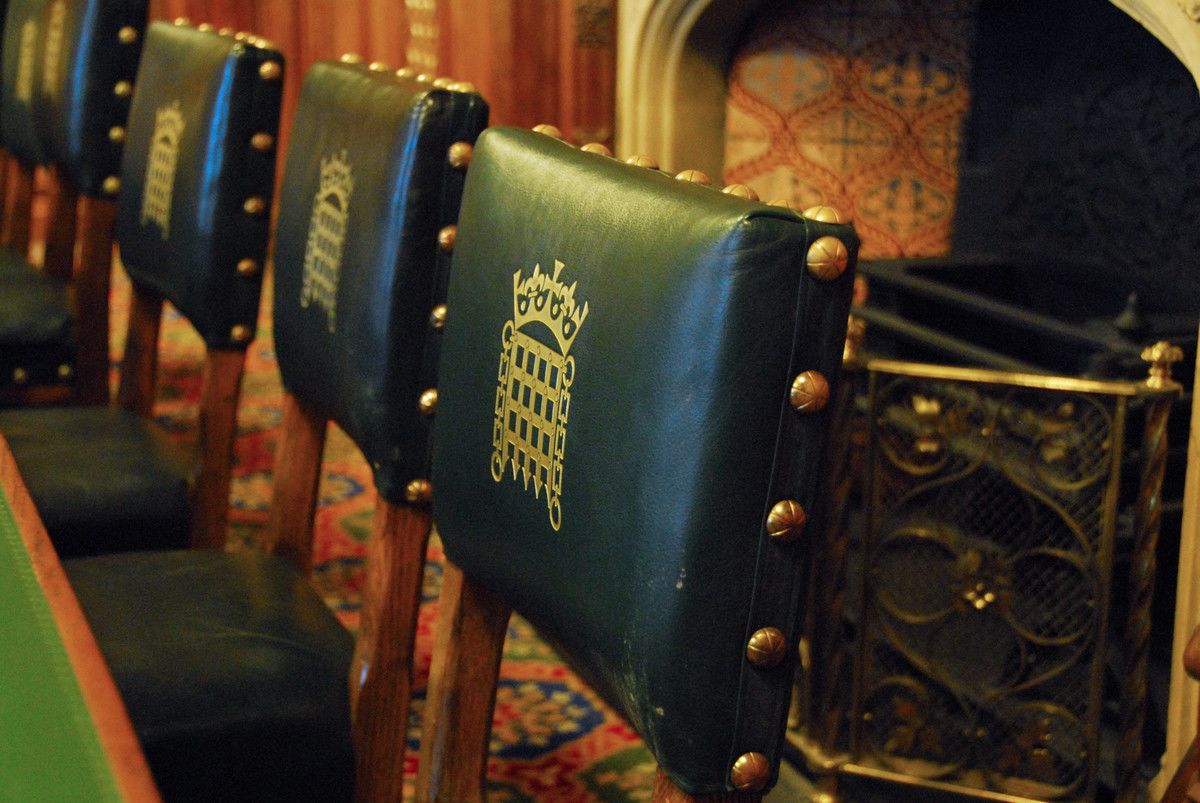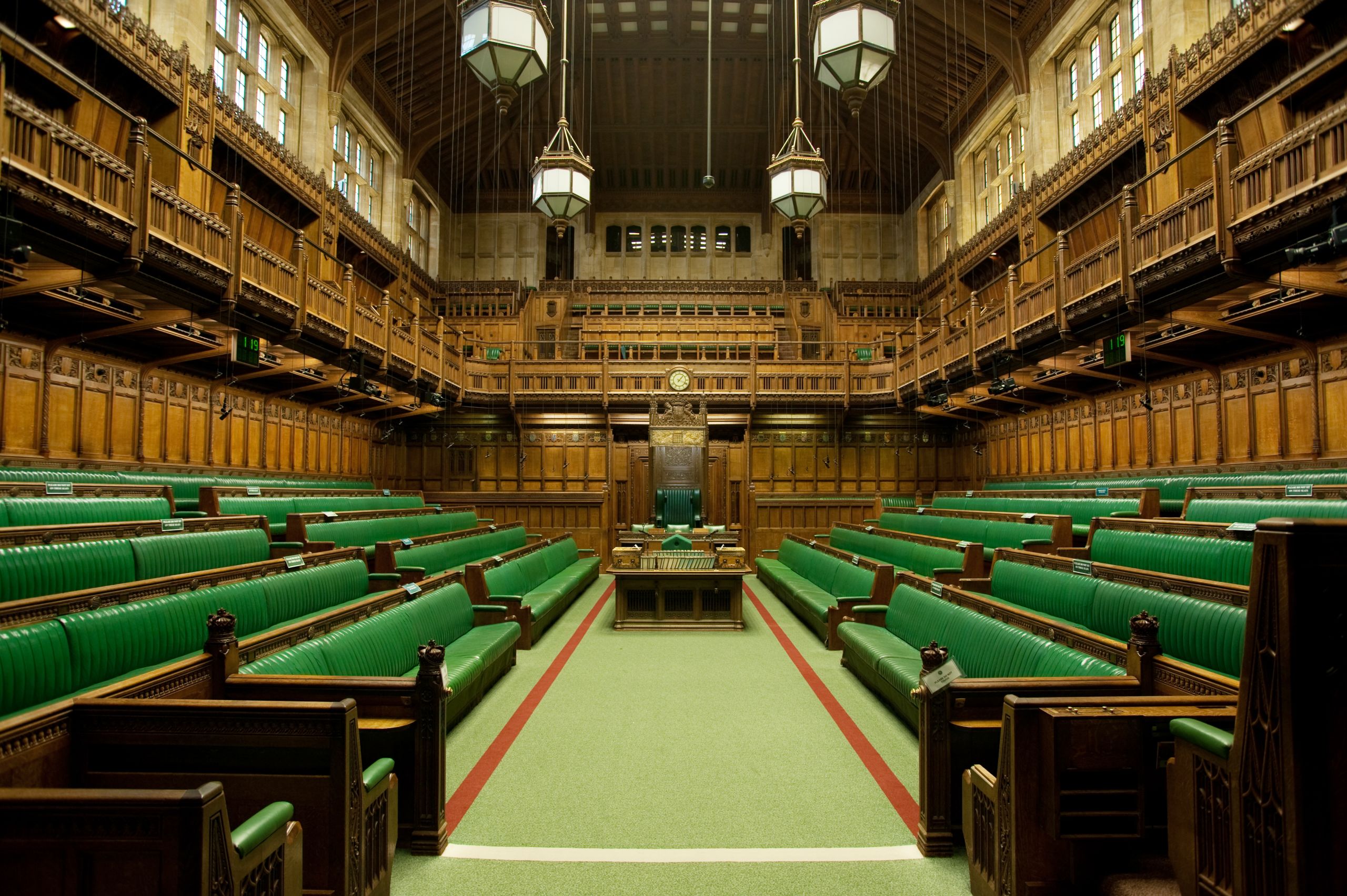Education (Careers Guidance in Schools) Bill
Mark Jenkinson MP

"The Education (Careers Guidance in Schools) Bill will help young people to realise their potential – and it is difficult to think of a more worthy cause to champion locally and nationally.
"At present the statutory duty to provide careers guidance falls on maintained schools, special schools and pupil-referral units but not academies. This landmark piece of legislation will seek to address this anomaly by placing the same requirement on all types of state-funded secondary schools, helping to create a level playing field whilst also extending careers provision to year 7.
"It is also paramount that the advice available to our young people should be consistent, of the highest quality and accessible to everyone."
For an overview of the Bill and related issues, see Education (Careers Guidance in Schools) Bill - a research briefing from the House of Commons Library.

The Bill's progress through Parliament

A Bill can start in the Commons or the Lords and must be approved in the same form by both Houses before becoming an Act (law).
The Education (Careers Guidance in Schools) Bill originated in the House of Commons. Read about the stages it has already completed:
House of Commons
This Bill was debated at Second Reading on 10 September 2021 and was sent to a Public Bill Committee on 27 October 2021. The Committee then completed its work and reported the Bill without amendments to the House.
On 14 January 2022, MPs considered the Bill for its Report stage and Third reading.Amendments can be made to the Bill at Report Stage, and those amendments to be considered are selected by the Speaker.
Watch the Second Reading debate:
Read the debate transcript on Hansard
Listen to the Public Bill Committee:
Read the transcript on Hansard.
Watch the Report stage and Third Reading:
Read the debate transcript on Hansard.
House of Lords
First reading took place in on 17 January 2022. This stage is a formality that signals the start of the Bill's journey through the Lords.
This Bill was debated at Second Reading on 4 March 2022 and Third Reading on 25 March 2022.
Watch the Second Reading debate:
Read the debate transcript on Hansard.
Watch the Third Reading debate:
Read the debate transcript on Hansard.
On 31 March 2022 the Act was given royal assent. This is when the monarch formally agrees to make the bill into an Act of Parliament (law).
See more information about royal assent
See more information about the Bill and the stages it has completed.
Explainer: How does a bill become law?
How it works

What is the Ballot for Private Members' Bills?
The Ballot for Private Members' Bills gives MPs the chance to be one of the first 20 to introduce a Private Members' Bill on a subject of their choice this session. Those drawn higher in the ballot are more likely to get time to debate their bill and therefore their bills will have a higher chance of becoming law.
Following the 2021 Ballot, Speaker of the House of Commons, the Rt Hon Sir Lindsay Hoyle MP said:
“Success in the Private Members' Ballot empowers backbench MPs with a real opportunity to affect true legislative change or, at the very least, bring public awareness to an issue they feel passionate about."
- Read the full article: Private Members' Bill ballot: 20 May 2021
What are Private Members' Bills?
Private Members' Bills are Public Bills introduced by MPs and Lords who are not government ministers. As with other Public Bills their purpose is to change the law as it applies to the general population. A minority of Private Members' Bills become law.
There are three ways in which a Member can table a Private Members' Bill but Ballot Bills have the best chance of becoming law, as they get priority for the limited amount of debating time available.
The names of Members applying for a bill are drawn in a ballot held at the beginning of the parliamentary session. Normally, the first seven Ballot Bills get a day's debate.
13 Fridays in each parliamentary session are allocated to debating these bills, although they will need to go through all legislative stages in both Houses of Parliament before they can become law (or an ‘Act’).
Did you know?
In the last session, seven Ballot Bills changed the law on matters from animal welfare to education and the cost of school uniforms.
More information from How Parliament works:
Relevant Parliamentary activity and resources

Publications relating to the Education (Careers Guidance on Schools) Bill
- Full text of the bill (as introduced) (July 2021)
- Explanatory notes (July 2021)
House of Commons Library research briefings
- Education (Careers Guidance in Schools) Bill (September 2021)
- Careers guidance in schools, colleges and universities (England) (July 2021)
- FE white paper: Skills for Jobs for Lifelong Learning for Opportunity and Growth (January 2021)
House of Commons debates and statements
- Queen's Speech debate: A Brighter Future for the Next Generation (May 2021)
- Ministerial Statement: Skills for Jobs White Paper (January 2021)
House of Lords debates
- Skills and Post-16 Education Bill [HL] (June 2021)
- Skills for Jobs White Paper (January 2021)
Oral questions
- Peter Aldous MP: Post-16 Education and Training (March 2021)
Search hansard.parliament.uk for debates, oral statements, oral questions and more.
Written questions
- Stephen Morgan MP: Schools: Vocational Guidance (January 2022)
- Toby Perkins MP: Further Education (September 2021)
- Mr Barry Sheerman MP: Arts: Secondary Education (June 2021)
- Esther McVey MP: Schools: Vocational Guidance (February 2021)
- Esther McVey MP: Schools: Vocational Guidance (February 2021)
Written statements
- Skills Education (April 2021)
Search questions-statements.parliament.uk for written questions, answers and statements.
Government policy paper
Get involved
Visiting Parliament, education resources and more






